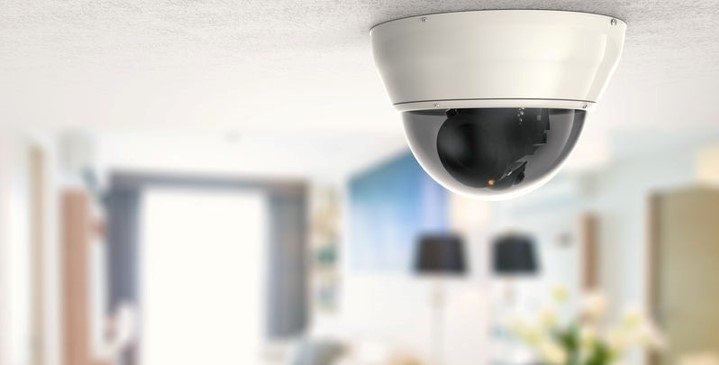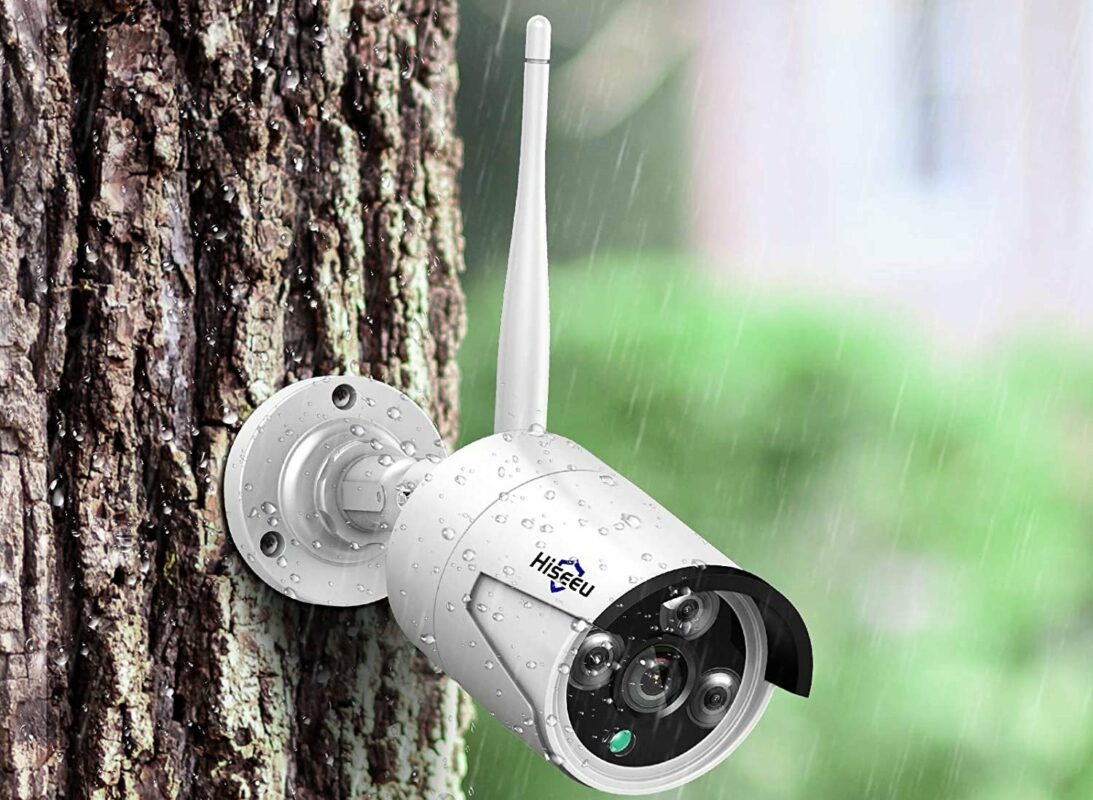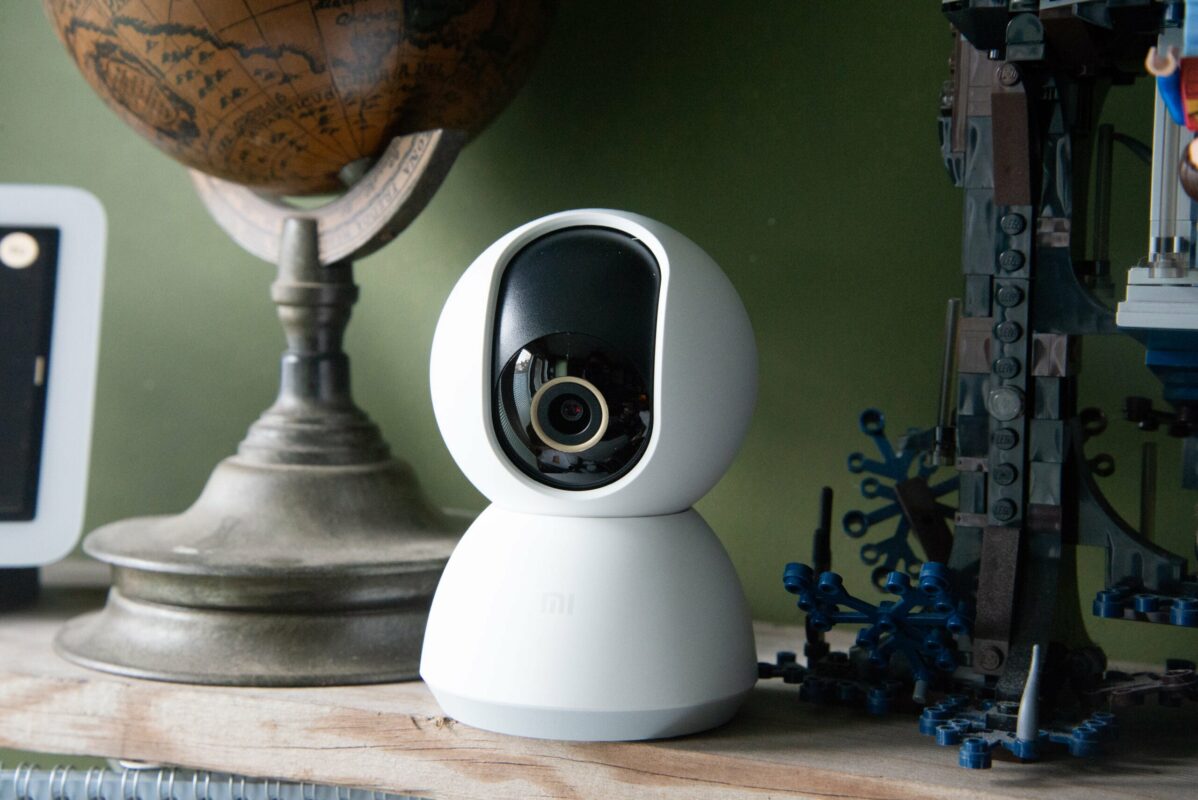Video surveillance in the company: advantages and regulations
While network security should always be a top concern for your business, you shouldn’t neglect your physical security either. A good way to protect yourself is to consider a CCTV system for your office.
These systems have multiple functions: they can deter crime while giving you a clear picture of any offenders, they can prevent harassment and they can even improve the productivity of your business. In other words, CCTV systems bring many useful benefits.
Nevertheless, it must be emphasized that this is an area regulated by law, there are procedures to follow, and authorizations to request, and we will detail all this in this article.
A brief definition of CCTV
Video surveillance or video protection is a system of cameras deployed in a public or private place in order to monitor it remotely. It is a type of remote monitoring. The transmitted images can be examined, recorded, preserved or destroyed. Their presence is mainly intended to ensure that safety measures are respected or to guarantee the safety of products and people.
Reasons why businesses should opt for video surveillance
Video surveillance uses advanced recording technologies and processes to help businesses reduce costs while protecting their assets. Installing a CCTV system has many benefits for businesses, including:
Prevent and reduce the risk of theft
Placing CCTV cameras in strategic locations in your business area can help prevent vandalism, burglary, and other serious crime.
Another factor to consider is that many non-commercial businesses also face theft, in the form of theft of company assets and intellectual property. In most of these cases, the employees themselves are responsible. Strategically placed CCTV cameras can deter these employees from committing the crime, creating a much safer work environment.
Useful criminal evidence
CCTV camera footage is extremely important if a crime is committed in or near your business. Not only are images valuable in locating and convicting the offender, but they can also be used as evidence in court. Often, juries or judges make their decisions based on CCTV footage and convict the offender based on that. Therefore, the presence of CCTV cameras in your premises is not only beneficial for your employees and assets, but also for the community.
Better employee productivity
If you own a restaurant, retail store, or even a factory, improving employee efficiency should be a major reason for opting for CCTV as a security measure. It has been proven that employees work the hardest when they are monitored by CCTV cameras. By monitoring employees electronically, your department manager will have more time to focus on the important aspects of their job instead of focusing all of their attention on monitoring employees.
End sexual harassment
Sexual harassment in the workplace is an ongoing problem in many countries, despite the existence of strict regulations. Installing CCTV cameras can not only act as a strong deterrent and provide your employees with a safer workplace but also ensure that these offensive activities are recorded. In court, these CCTV images can also help you formulate the right answer in the event of a trial.
Resolve internal conflicts
Regardless of the size of your company or the number of offices you occupy, conflicts are inevitable. These conflicts can arise between employees and management, between employees and you, or even between employees themselves. In general, in such cases, you need to figure out exactly what went wrong before things spiral out of control. In this case, a surveillance camera may provide enough evidence to settle the incident fairly.
Improve your customers’ shopping experience.
It may sound strange, but placing CCTV cameras in your business premises can actually help your customers by allowing you to observe their behavior more closely. This can help you provide them with a better shopping experience. Customers feel supported and reassured when they notice CCTV installations around them, while you can improve your product placement based on behavior recorded on the screen.
A few tips for securing large premises
A large building increases the risk of malicious burglary attempts. The more space you have available, the more you need to secure it. So how do you effectively secure this space?
First of all, it is advisable to minimize the risk of burglary:
Placing gates and barriers high enough to be difficult to climb, adding shutters and barriers to windows, regularly checking and maintaining means of access, and monitoring equipment.
Next, consider who enters and exits your business by implementing an access control system. The more the “passes” are individualized, the more difficult it will be to be robbed from the inside.
Install an alarm system that has a deterrent function, deterring criminals, as well as a repressive function, warning agents and neutralizing invaders.
Finally, a CCTV system should be installed. As said before, this one offers many upstream and downstream benefits. To be effective, it is necessary to place the cameras at strategic places of the site (entrances and exits of the site, warehouses, emergency exits, circulation routes, etc.) and to choose adequate cameras and video surveillance service.
One of the main business benefits of video surveillance is that business owners can have real-time images as needed. Traditionally, these commercial CCTV methods required hiring an additional person to keep an eye on all the real-time footage while remaining on site. But today, thanks to advances in technology, this monitoring can be easily done from a remote computer, mobile phone, or tablet. It is even possible to view live footage from separate cameras in a single window while ensuring that all cameras are recording output.
But beware, the installation of surveillance cameras is not without rules.
A note on the law
The implementation of a video surveillance system is regulated by law (decree of August 3, 2007, LOPPSI law of 2011). It is necessary to know the limits and the formalities established by the legal provisions so as not to fall under the blow of the law.
First of all, the use of video surveillance “must be justified and correspond to a legitimate interest”. For example, it is possible to install cameras for security purposes, identification of criminals, etc. On the other hand, a company cannot install cameras to monitor its employees. Thus, the installation of cameras in restrooms or toilets is prohibited. Respect for privacy and individual freedoms is one of the limits set by law for corporate video surveillance.
You should also know that if a company wants to install a video surveillance system, it must first request it from the perfect if it is a place frequented by the public. On the other hand, if it is a place not frequented by the public, this request is not necessary. However, employee representatives must be informed and consulted before installation.
Once the system is installed, information formalities must be complied with. Thus, these signs must be put in place to inform of the presence of cameras, the reason for this presence, the retention period of the images, the name of the person in charge, the possibility of accessing the images and the possibility of file a complaint with the CNIL (National Commission for Computing and Liberties).
In addition, each employee must be personally informed of the existence of such a monitoring system.
A company that does not comply with these conditions may be subject to legal sanctions. The CNIL can itself censor a company guilty of having violated the law on video surveillance. This commission has access to all video surveillance systems on French territory. The law gives it the right to inspect and even sanction companies in the event of abuse or non-compliance with the law.
In short
CCTV is very important for businesses. It is one of the tools available to a company to prevent risks to people (inside or outside the company) and property. The security of a business can be ensured in different ways (building gates, alarm systems, or even a security service) and CCTV is one of them.
Since 2011 and the law on video protection, there has been a strong increase in the use of surveillance systems through cameras and technological advances (networked smartphones, etc.) are additional arguments for video surveillance companies, account taking into account the possibilities it offers to professionals.












